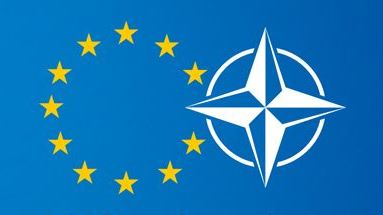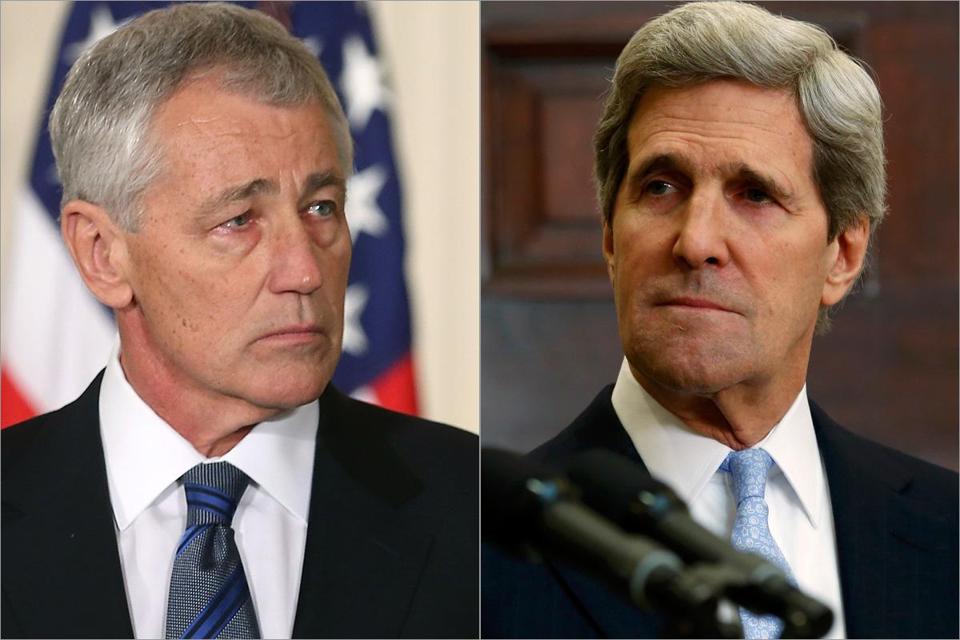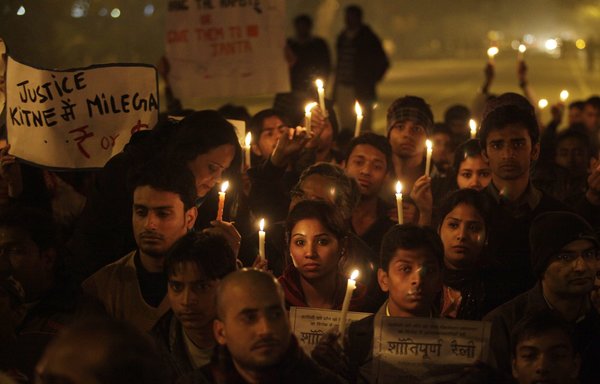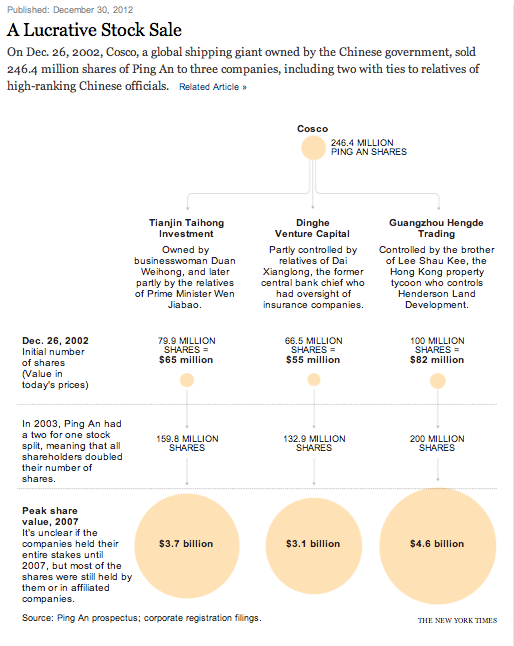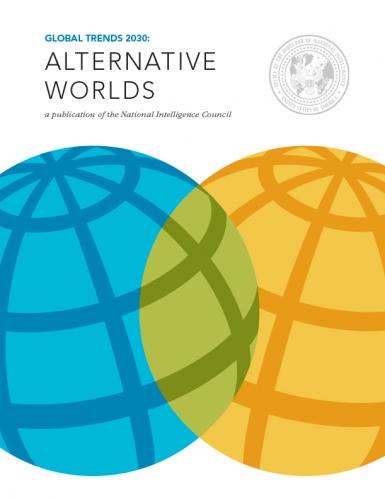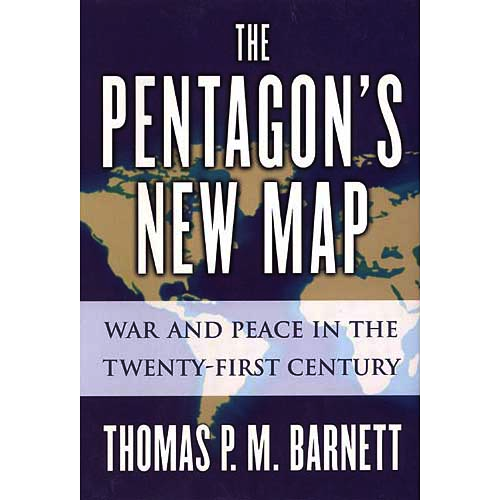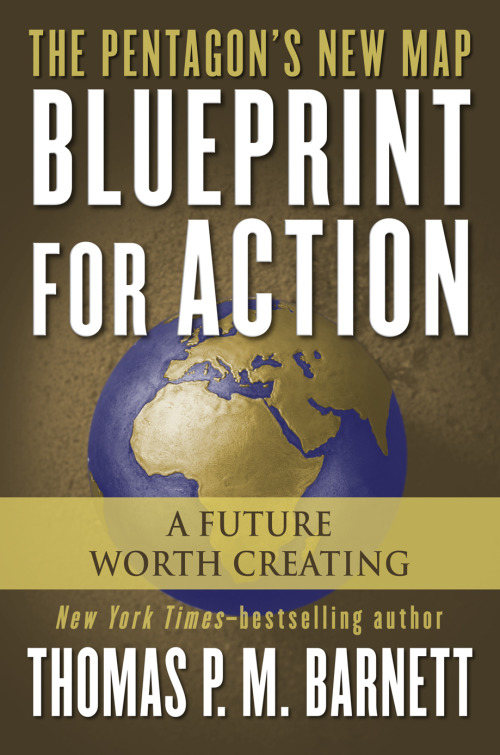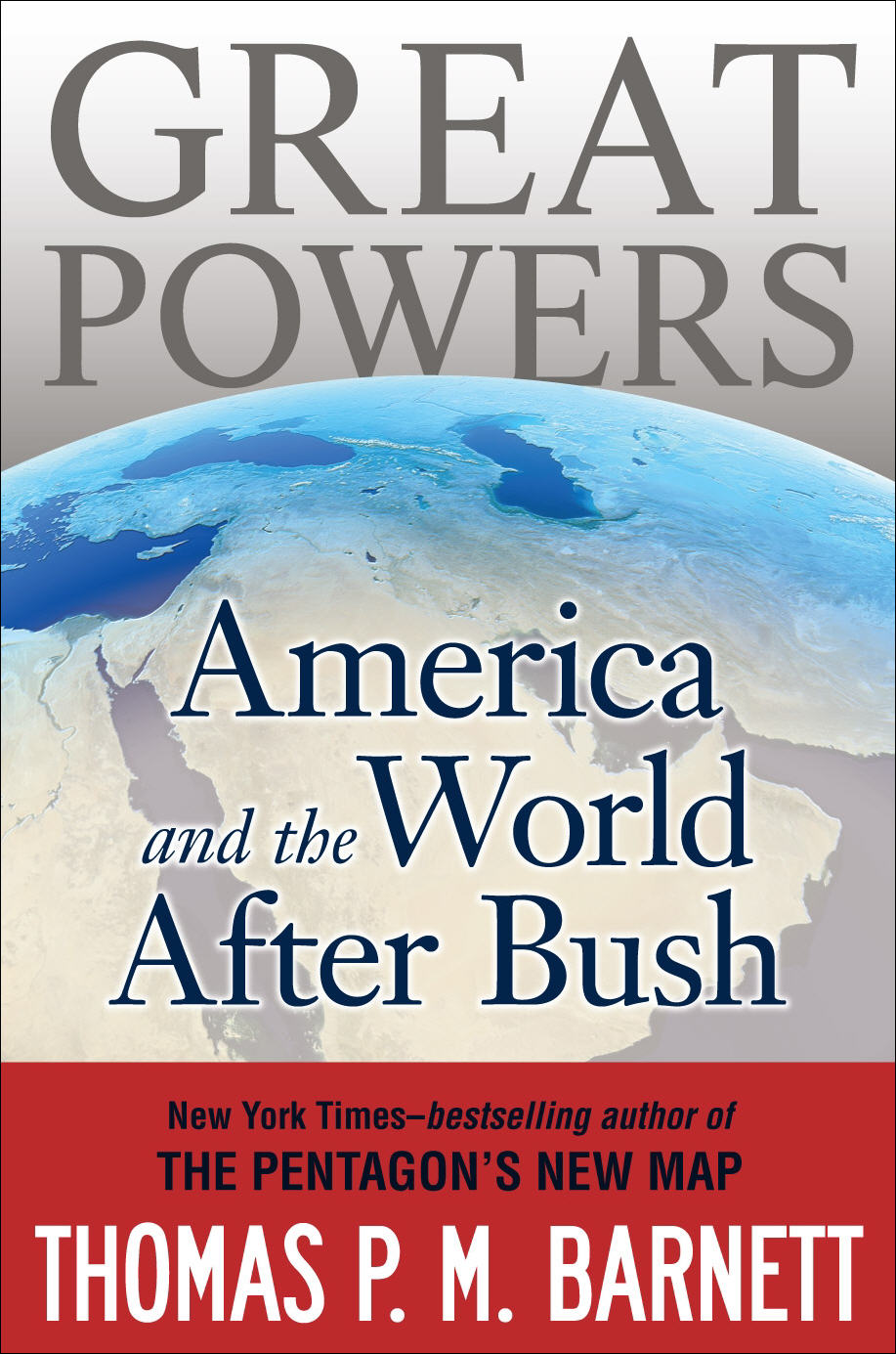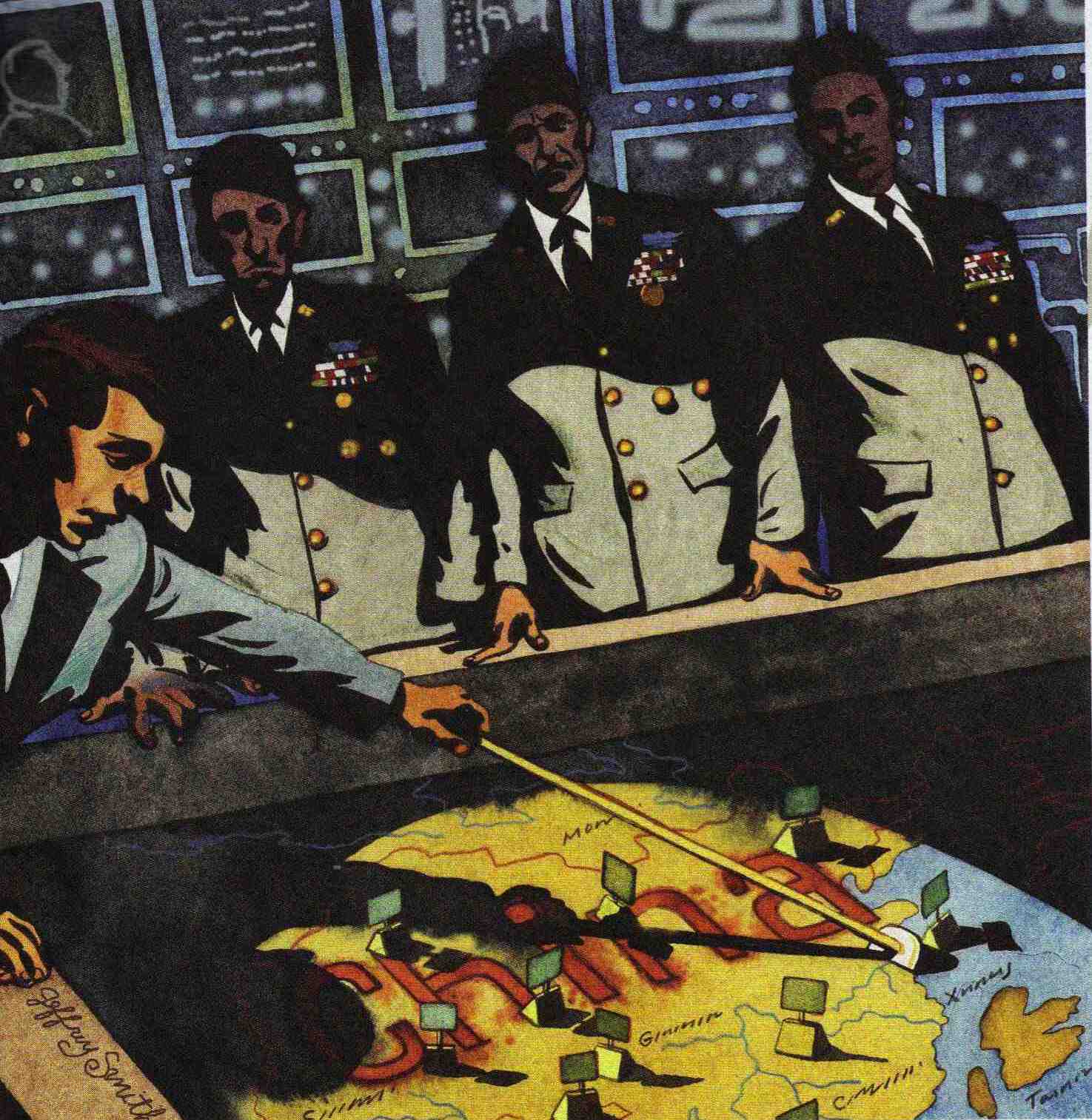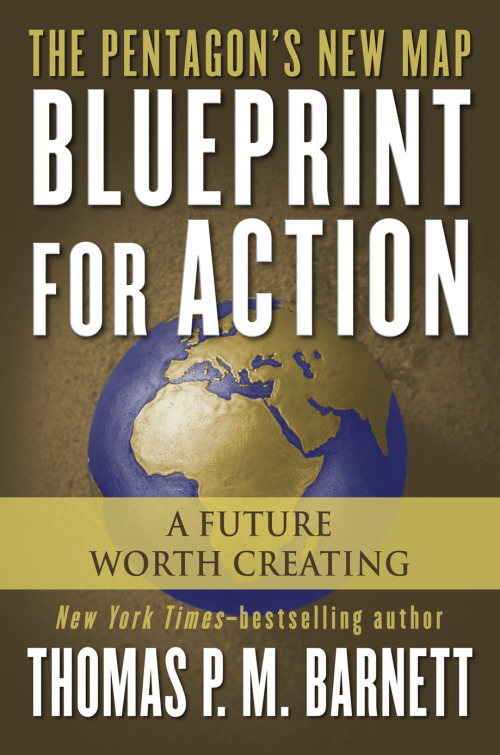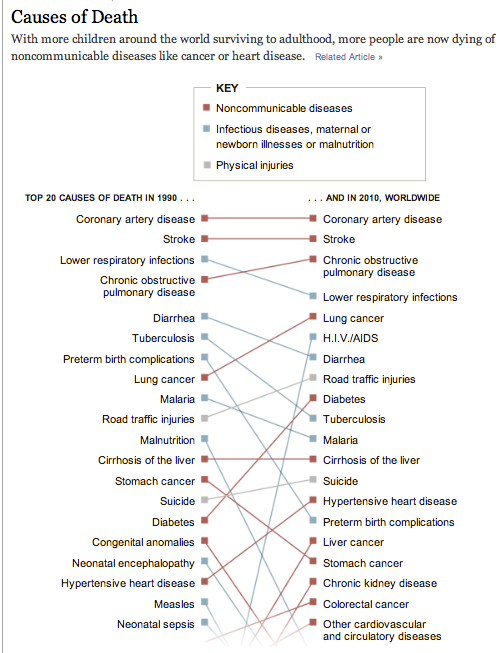The National Intelligence Council is sort of the “Supreme Court” of the intelligence community, which is spread across fifteen individual agencies, including the well-known CIA. The Council, or NIC, as most people in the business call it, is made up of a collection of National Intelligence Officers (or NIOs), each of whom is the government’s top expert on some particular subject, such as “economics and global issues” or “East Asia.” Collectively, this organization issues significant reports known as National Intelligence Estimates, which guide senior decision makers throughout the national security establishment in matters of war and peace. But to the public (and especially the Web community), the NIC is probably best known for its “global futures” reports that regularly project the future of the planet ahead a good fifteen years or more. These reports are by far the best examples of futurology to be found within the national security community, in large part because the authors eschew the usual doom-and-gloom of the Pentagon’s futurism, which always portrays the world going to hell in a handbasket. Why? Because that’s just good for business.
Over the course of my career I have participated on several occasions in the NIC’s long process of consulting with “outside experts” as they build these “mapping the global future” reports, and National Intelligence Officers came to virtually every workshop I ever put on at the Naval War College. I came to respect the NIC’s institutional process of looking ahead, because of its willingness to listen to alternative viewpoints, meaning those that posited hopeful or at least benign developments lying ahead and not just the negatives. Soon after The Pentagon’s New Map came out, I was asked by the Intelligence Council to participate in one of these gatherings, a workshop focused on the future of war. I was given the question “Does the United States face a never-ending future of subnational and transnational violence?” I answered yes, and that this was a good thing compared with the Cold War’s far higher levels of interstate warfare and the threat of global nuclear clashes between superpowers.
But I didn’t stop there. I said that future was benign enough only if the United States took it upon itself to try and fashion new rules and new international organizations designed to focus on these particular problem sets. Absent this effort, our tacit acceptance of heightened worldwide levels of such civil strife and terrorism certainly would be bad, in large part because if we didn’t deal with these problems, inevitably some other great powers would feel compelled to do so on their own, possibly triggering intra-Core arms races or—worse—the return of great-power rivalries inside the Gap (i.e., wars by proxy).
Well, the resulting NIC report, Mapping the Global Future: Report of the National Intelligence Council’s 2020 Project, lived up to the Council’s usual fine standards. It lacked the typical hyping of the threat and presented future scenarios in highly imaginative ways. Naturally, when it came out in early 2005, a lot of my Weblog readers pressed me for comments, knowing I had been involved in the process. The blogosphere, the universe of bloggers, was discussing the report at length when it came out, and the judgment of this crowd, full of both amateurs and professionals, was rather uniform: “a very sobering and disturbing view of the future.”
My take was a little different. All the NIC really said in its projection of the world in 2020 was the following: the United States wouldn’t dominate global affairs as it does today; China and India would be far more powerful players; Russia and the Central Asian republics might take several steps backwards politically; the Middle East could experience some serious democratic reform—or not; terrorism would still exist but would be expressed in different, probably more challenging forms, especially as proliferation of weapons of mass destruction continued; and the UN would probably be far more marginalized as new political realities emerged in the global security order as a result of all this change. That’s it. That’s the “very sobering and disturbing” future the blogosphere was gobbling up and digesting as a source for pessimism about the world in 2020.
In my view the report was basically a careful, realistic, straightforward projection of today’s trends over the next decade and a half—absent any sort of imaginative response from the global community as a whole. It was like a warning from a physician to his middle-aged male patient: “If you don’t change your lifestyle whatsoever, this is what you’re going to look like in fifteen years: older, flabbier, and generally less healthy.” Surprise, surprise.
By its very nature, the intelligence community feels that it must never engage in advocacy of any particular policy, meaning it defines its job as “just projecting the trends, ma’am,” as it avoids telling the US Government what it should or should not do in response to such projections. That’s their code: Analysts don’t have opinions, just analysis. So what happens when the NIC projects a global future is that the authors feel compelled to describe what every other country in the world will do in response to this unfolding series of events while essentially keeping the United States itself static, meaning the whole world’s experiences change while the United States does not—at least not in any proactive way. Sure, we’re allowed to “age” like everyone else in the scenarios, but the maturation process of other states is dynamic, whereas ours is not.
The problem with this approach, of course, is that in its zeal to avoid policy advocacy, the NIC comes up with future global scenarios that essentially ignore the ability of the play’s leading protagonist to develop further as a character across the unfolding plotline. This is not only ahistoric—meaning it doesn’t jibe well with America’s long-standing role as a generator and purveyor of new rules for the global system—it also sends all the wrong signals to unsophisticated readers about what’s truly possible. By its very character, the NIC can describe only the future “floor,” not the “ceiling.” It can only give us a sense of the natural decay of international order, not its potential for positive regeneration. In short, reports such as these can only describe how bad it would get if America basically did nothing, not how good it could get if we chose to do something about it.
The problem is that most people read these reports and take them as the gospel truth (“After all, these guys know all the secret stuff, right?”), but instead of motivating them toward action, these scenarios drive readers toward fatalism and passivity. Most futurology has this effect: after you put the book down and contemplate its depressing description of what lies ahead, you either want to get the frightening image immediately out of your head or—as so often is the case now—go online and Chicken Little it to death. Frankly, that’s why my blog readers tend to be so loyal: I am a shining beacon of counterintuitive analysis, which in this environment means I am a cockeyed optimist.
Why is that? Aren’t we all working off the same trends? Sure we are. We just choose to view those trends differently. Whereas most national security analysts define their professional environment as “futures to be avoided,” I focus on a future worth creating. They see trends that are inescapable, and so their goals tend to involve finding ways that America can shield itself from dangerous outcomes. I see trends that determine reasonably identifiable incentives among major players, incentives that can be structured in ways that turn potential flash points into opportunities for new rules, new relationships, and safer outcomes. In sum, your average security analyst doesn’t want to engage the future but escape its inevitable grasp (“America will be less powerful!”). What I want to do is embrace that future and shape it from within. So my advice is always, When you see fear, start running toward it.
I can’t write a global future with the lead protagonist stuck forever in some Hamlet-like pose of “To shape the security environment or not to shape, that is the question.” My America has always shaped the future, typically arriving there years before anyone else. As history goes, we’re not the kid in the backseat asking incessantly, “Are we there yet?” Hell, we’re the teenager at the wheel going way over the speed limit, assuming we’ll live forever because we’ll be forever young. And you know what? That spirit is what I like best about this country, and deep down, it’s what the rest of the world likes best about America. We are an insanely optimistic people, and because we are, our brand of leadership tends to scare more than soothe. Because every time the world thinks it’s got the current rule set down in its head, those “damn Americans” try to come up with a new one, always describing it as some “revolution” or something. It’s the “sexual revolution,” or “women’s liberation,” or the “information revolution,” or the “cyberrevolution.” Whatever the rule set, it’s always cast as some damnably unstable impact on global order—and, of course, that’s what it usually is.
 Thursday, January 17, 2013 at 7:00AM
Thursday, January 17, 2013 at 7:00AM 













